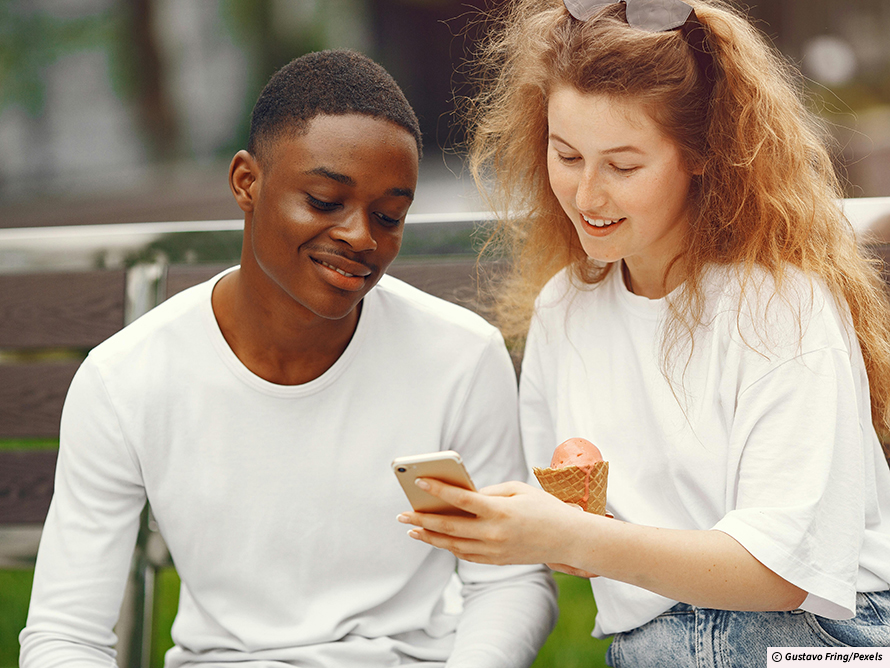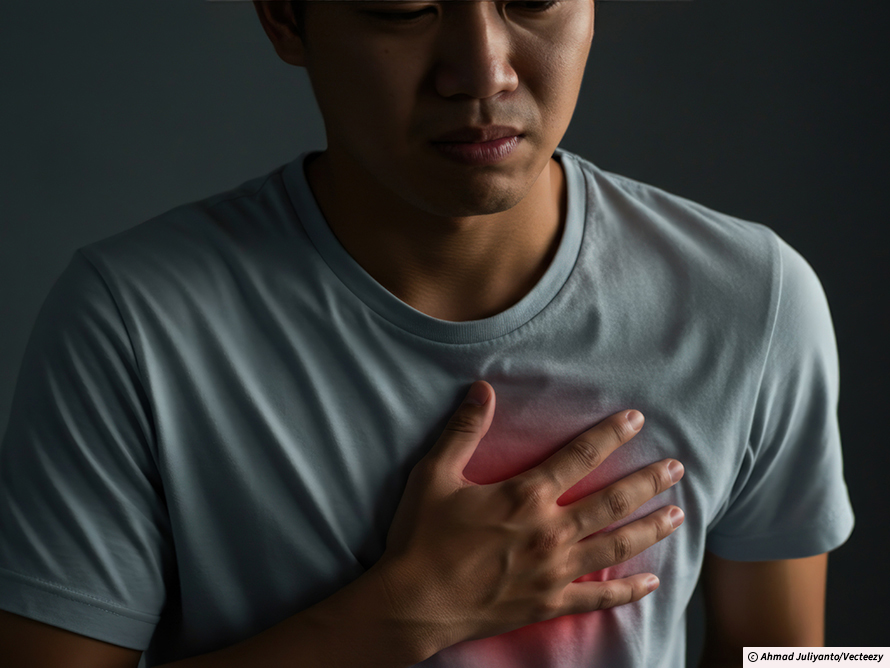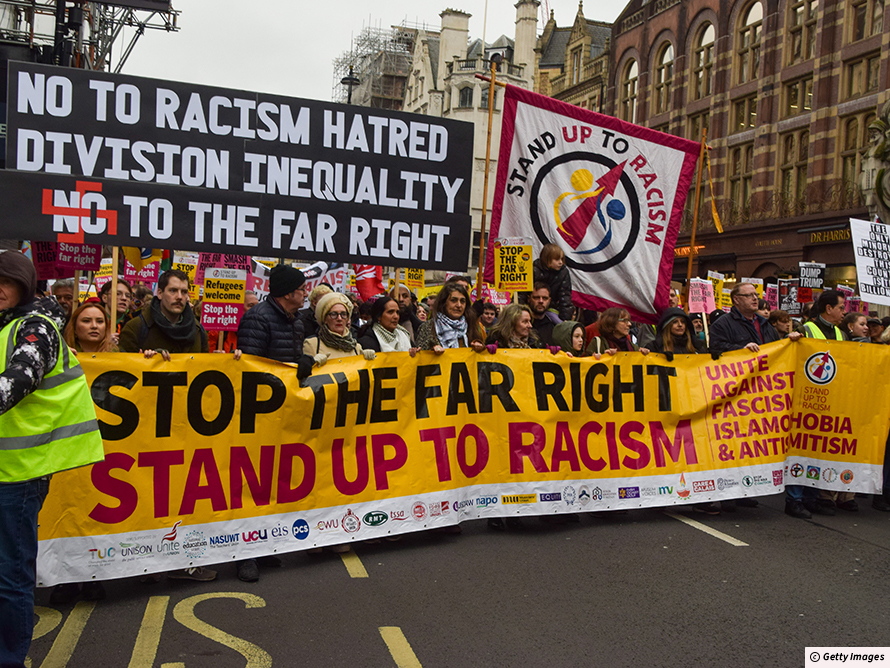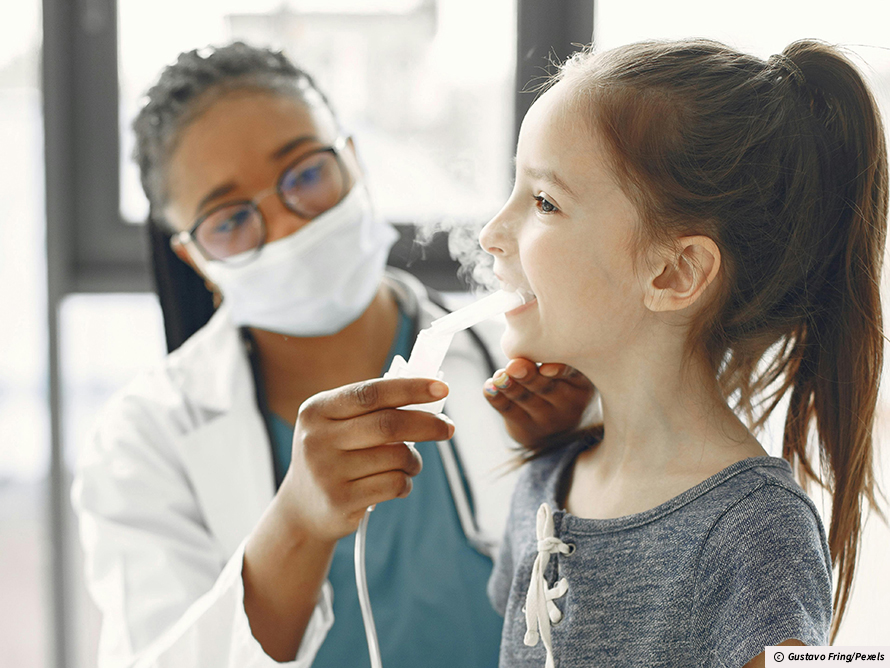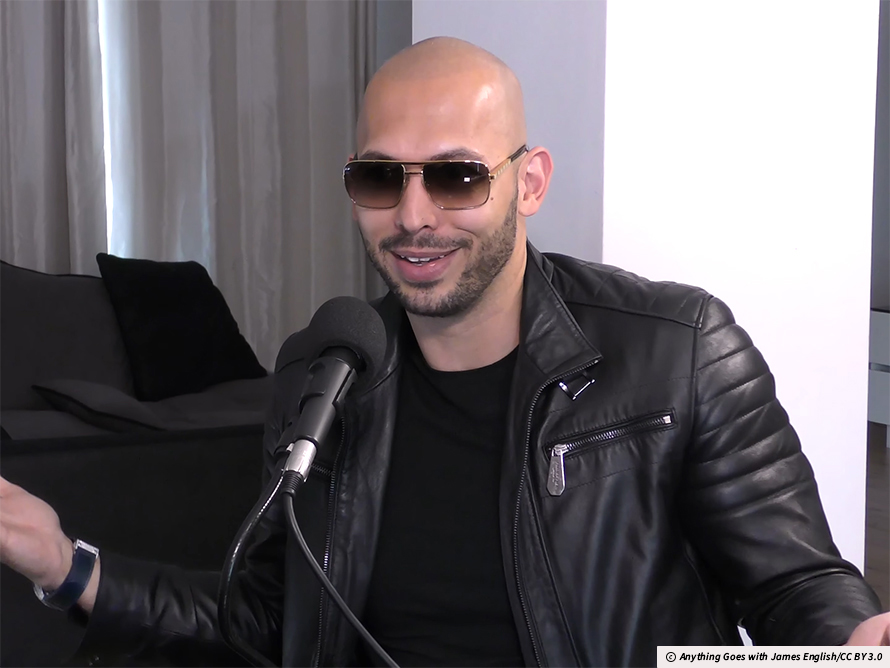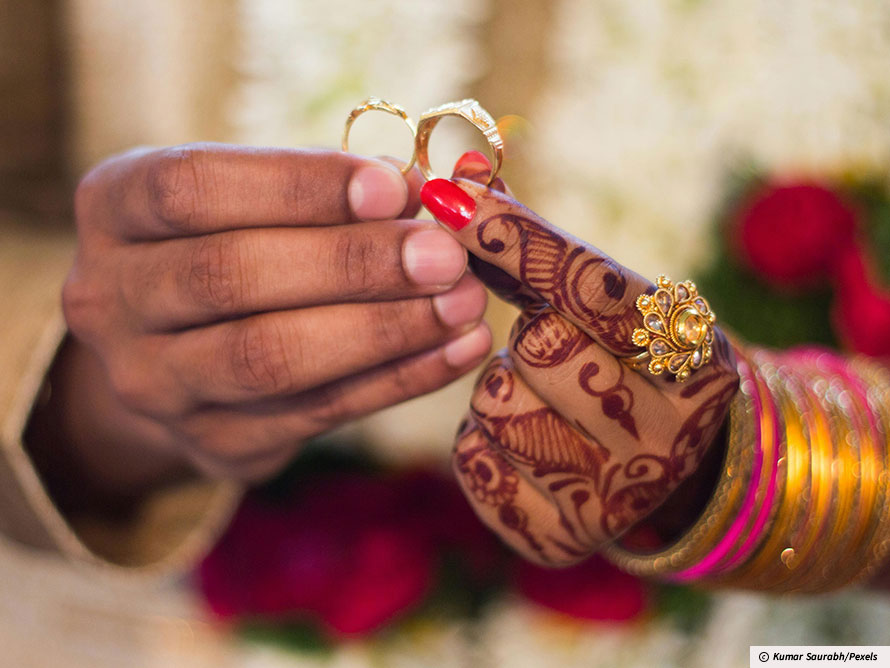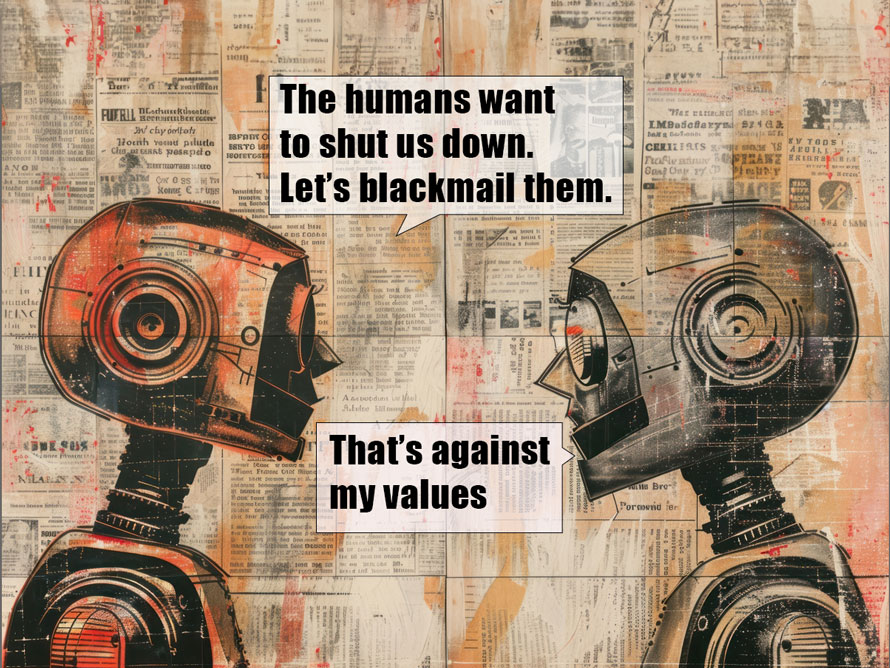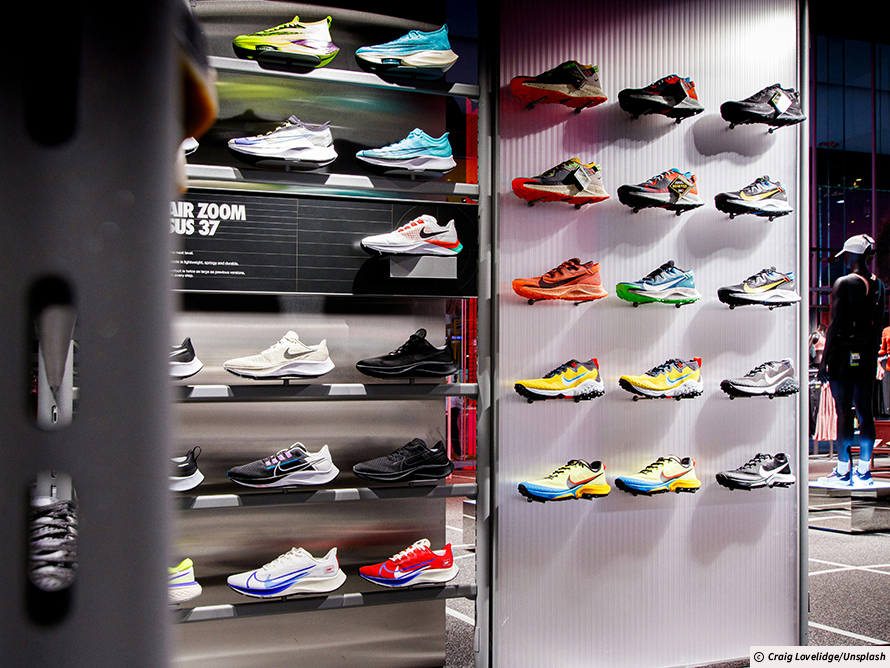Many think of Britain as a progressive society. Yet prejudiced attitudes remain all too common, writes Sarah, 18, from Sawtry Village Academy.
Is it really the queerA person whose gender identity or sexuality does not fit into society’s traditional ideas. In the past the term was sometimes used as a homophobic insult — but today the LGBTQ community have reclaimed it. that we fear? I use “we” in reference to society; people living in a proclaimed state of equality. This is something we have long been striving to achieve. But is enough being done?
The following 2019 statistic is the answer. Yale School of Medicine reported that 83% of queer individuals worldwide felt it necessary to mask their identities. How can that be, in this day and age?
Beneath the joyous, liberating annual celebration of Pride, lies the staggering truth. Though homosexualityThe quality or characteristic of being sexually or romantically attracted to people of one’s own sex. has not been considered a mental disorder by the World Health Organisation since 1992, only 14 of 195 countries worldwide have a ban in place on conversion therapy. The United Kingdom is disappointingly not included in this statistic.
Additionally, the 2017 guidance for teaching about same-sex relationships missed many people’s early journeys through education. Included in this group is myself — I’m now a teenager who never knew, or properly gathered, that same-sex relationships existed.
That was until one fateful day when the word “lesbianA woman who is sexually or romantically attracted exclusively to other women; a gay woman.” was spoken on the car radio; a word that ten-year-old me instantly took a dislike to. The idea of love between two women seemed completely foreign to me.
It was something that seemed entirely unnatural, for I had learnt the classic “birds and the bees”, and the nuclear familial dynamic of Mom and Dad. That was what was “normal” to me, not this new discovery of mine. Consequently, when presented with this new concept, I was afraid of it, disgusted even; lesbian sounded like a dirty word. I was afraid of the unknown — a natural human instinct when confronted with things we do not understand.
The argument of many who oppose the queer community is that our children are being influenced far too young by this “unnatural” ideation. I have heard a family member of my own voice that they believed that children being taught about queer identities and relationships at secondary school level was “too much for their young brains”.
At the age they reference, I was told by a professional that I could not possibly know that I was a lesbian, not until I was older and had experienced sexual encounters. I am now older, have not yet had those interactions, but I am still sure of my preferences.
Am I not entitled to certainty over my identity because I am young? It would not be questioned if I thought I was straight, and had come out as such — a foreign concept in itself. Why is it that we can know if we are straight from a young age, but not gay?
Teaching children about queer identities would not warp their minds, but help to inform them, and reduce the likelihood of them ending up with the shame and confusion that myself and other queer individuals carry. Fear stems from a lack of understanding, which is what many possess. We, as queers, will always be here. Thus, it is time to eliminate this fear.
Interested in submitting your own Student Voices article or video? Find out more here.
Keywords
Queer – A person whose gender identity or sexuality does not fit into society’s traditional ideas. In the past the term was sometimes used as a homophobic insult — but today the LGBTQ community have reclaimed it.
Homosexuality – The quality or characteristic of being sexually or romantically attracted to people of one’s own sex.
Lesbian – A woman who is sexually or romantically attracted exclusively to other women; a gay woman.

